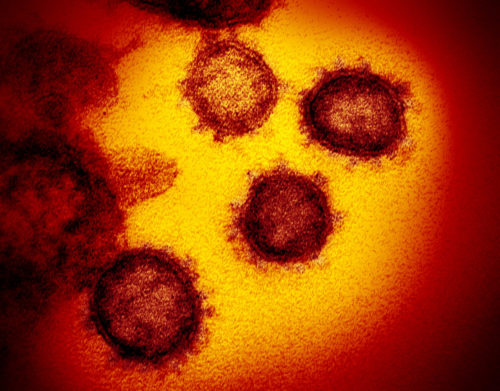Since the December outbreak in Wuhan, China, the 2019 novel coronavirus, also known as COVID-19, has spread rapidly, with more than 105,000 confirmed cases in 101 countries as of early March. According to the Centers for Disease Control and Prevention, the virus seems to be spreading in the community in certain affected geographic areas. As with any virus, you can take simple steps to protect yourself:
If you think you may have been exposed to a person with coronavirus and have symptoms, before going to a doctor’s office or emergency room, call ahead and tell them about your symptoms and any recent travel. Depending on the severity of your symptoms, your doctor will determine whether or not you need to come in to be evaluated. Avoid contact with others and wear a face mask if you need to leave your home when you are sick.
- Wash your hands with soap and water for at least 20 seconds, especially after going to the bathroom, before eating, and after blowing your nose, coughing, or sneezing. If you’re caring for someone who is sick, wash your hands before and after tending to them.
- If soap and water are not readily available, use an alcohol-based hand sanitizer with at least 60 percent alcohol.
- Avoid touching your eyes, nose and mouth.
- Avoid close contact with people who are sick.
- Cover your cough or sneeze with a tissue, then throw the tissue in the trash and wash your hands. If you don’t have a tissue, cough or sneeze into your elbow.
- Clean and disinfect frequently touched objects and surfaces every day.
- If you are sick, stay home.
Visit the CDC for guidelines on how to properly wash your hands and use hand sanitizer.






